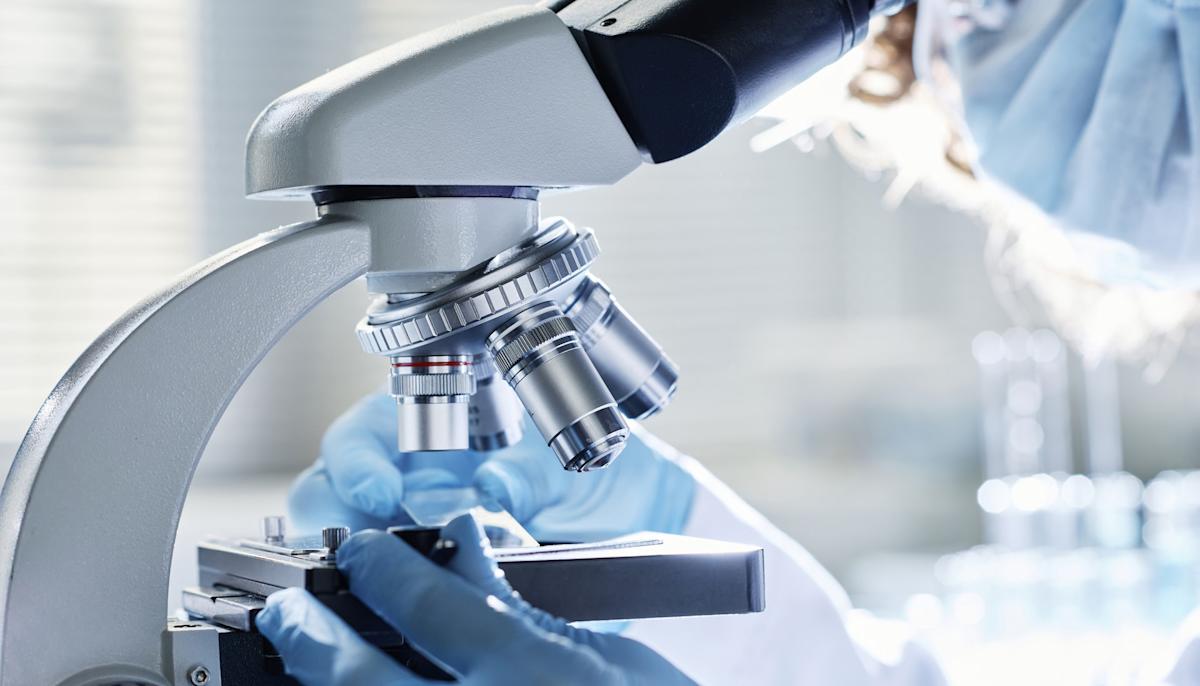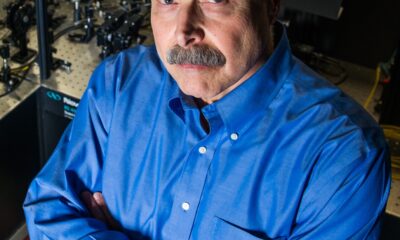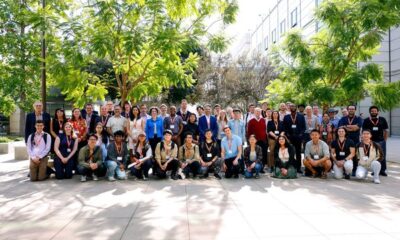Science
Researchers Create Advanced Tech to Improve Water Filtration

Researchers from the University of Chicago and Northwestern University have developed an innovative water filtration system that mimics cell membranes. This technology is designed to enhance and suppress the passage of specific ions, potentially transforming the way we extract valuable materials from water. The findings, reported in Interesting Engineering, present a significant advancement in water purification and resource extraction techniques.
In their experiments, the research team discovered that introducing trace amounts of lead ions could double the flow of beneficial ions, such as potassium, into the water. Qinsi Xiong, a co-author of the study, explained, “By changing the combination of ion species, we were able to switch from a cooperative effect to an inhibitory effect.” This capability indicates that the technology could effectively remove harmful substances from water, simplifying the decontamination process.
Advancements in Lithium Extraction
The implications of this research extend beyond water purification. The technology could play a crucial role in enhancing lithium extraction from seawater—a vital resource as the demand for lithium-ion batteries continues to rise, particularly with the increasing popularity of electric vehicles. Traditional lithium extraction methods, such as evaporated brine and hard-rock mining, pose various environmental challenges. According to the Massachusetts Institute of Technology, brine mining produces approximately 11 tons of carbon dioxide for every ton of lithium extracted.
The newly developed filtration system may reduce the time and energy required for mineral extraction while also lowering pollution levels associated with the mining process. This could lead to a more sustainable approach to meeting the global demand for lithium, which is critical for the transition to greener technologies.
Future Research Directions
The study serves as a foundation for further research, opening avenues for improvements in lithium mining and other resource extraction techniques. Other teams, including researchers from Australia, are also exploring innovative technologies aimed at reducing water usage in lithium extraction. Although these alternative methods are still in the early stages of development, they signify a growing interest in sustainable practices within the industry.
As this research progresses, it may provide effective solutions to some of the environmental challenges associated with lithium mining and water purification. The potential to harness advanced filtration technology not only promises practical applications but also contributes to a more sustainable future in resource management.
For those interested in staying updated on innovations that shape our lives and environment, subscribing to a dedicated newsletter could provide valuable insights into ongoing advancements.
-

 Technology5 months ago
Technology5 months agoDiscover the Top 10 Calorie Counting Apps of 2025
-

 Health3 months ago
Health3 months agoBella Hadid Shares Health Update After Treatment for Lyme Disease
-

 Health3 months ago
Health3 months agoErin Bates Shares Recovery Update Following Sepsis Complications
-

 Technology4 months ago
Technology4 months agoDiscover How to Reverse Image Search Using ChatGPT Effortlessly
-

 Technology1 month ago
Technology1 month agoDiscover 2025’s Top GPUs for Exceptional 4K Gaming Performance
-

 Technology3 months ago
Technology3 months agoElectric Moto Influencer Surronster Arrested in Tijuana
-

 Technology5 months ago
Technology5 months agoMeta Initiates $60B AI Data Center Expansion, Starting in Ohio
-

 Technology5 months ago
Technology5 months agoRecovering a Suspended TikTok Account: A Step-by-Step Guide
-

 Health4 months ago
Health4 months agoTested: Rab Firewall Mountain Jacket Survives Harsh Conditions
-

 Lifestyle5 months ago
Lifestyle5 months agoBelton Family Reunites After Daughter Survives Hill Country Floods
-

 Health3 months ago
Health3 months agoAnalysts Project Stronger Growth for Apple’s iPhone 17 Lineup
-

 Technology4 months ago
Technology4 months agoHarmonic Launches AI Chatbot App to Transform Mathematical Reasoning





















